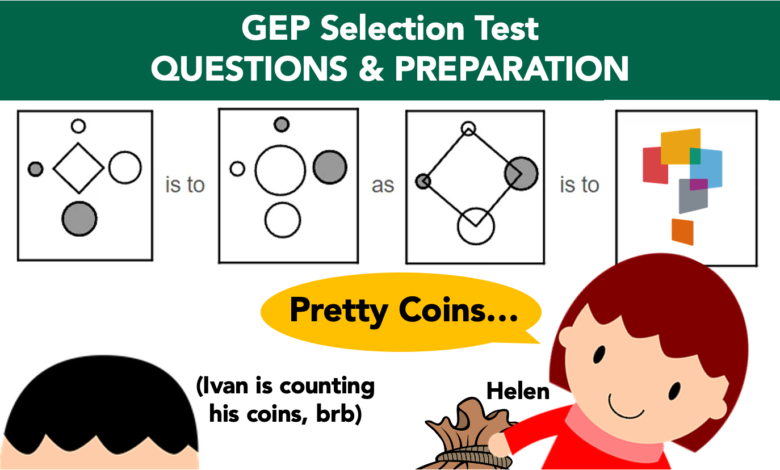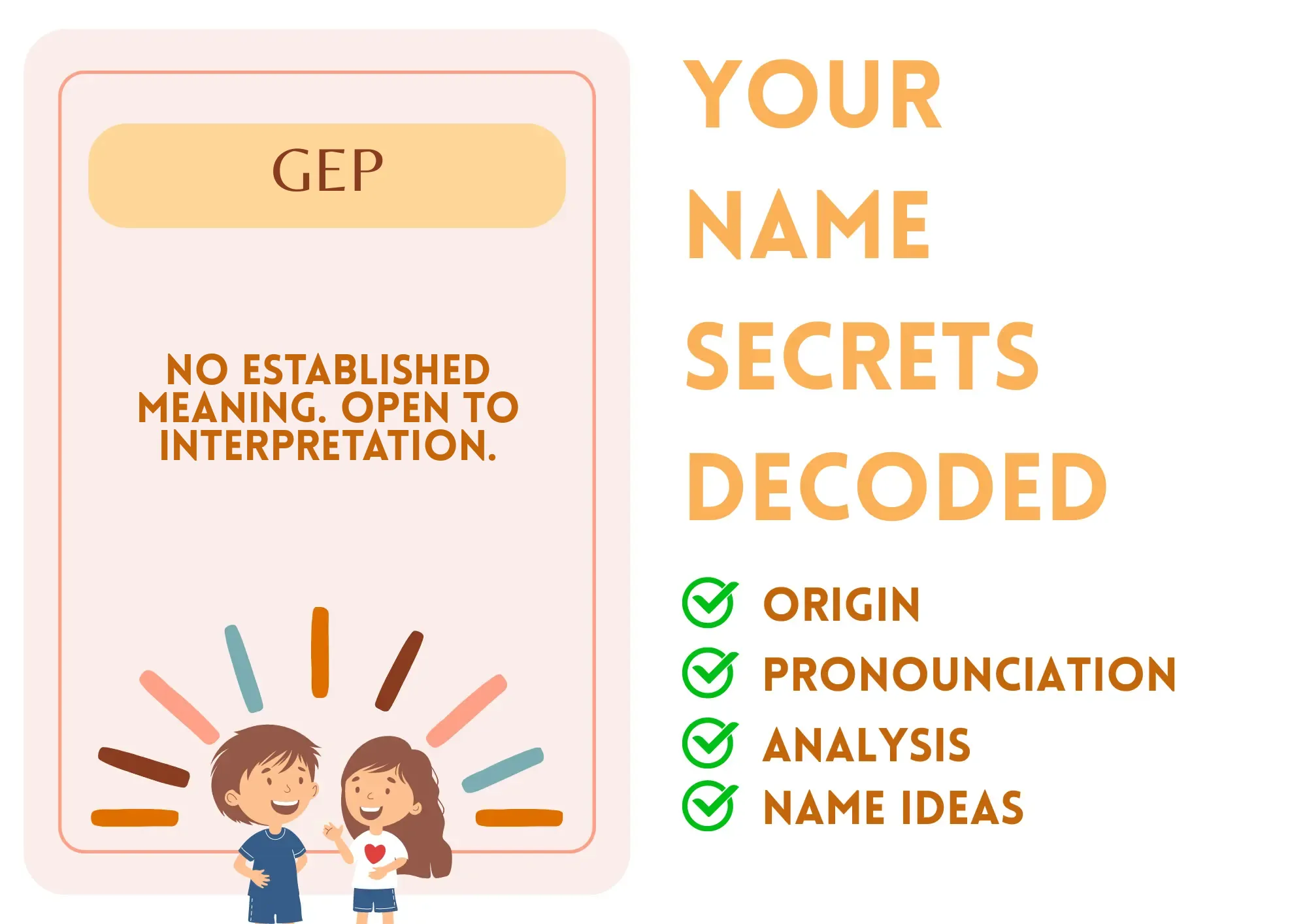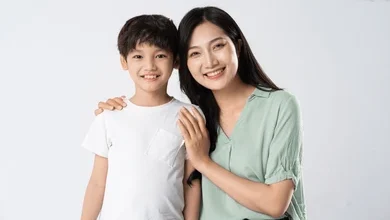Gep gai meaning: The Real Essence Behind the Popular Vietnamese Compliment”

Introduction: What Does “Gep gai meaning” Really Mean?
Gep gai meaning The phrase is one that you’ll hear quite often if you’re hanging out in Vietnam, scrolling through Vietnamese social media, or watching Vietnamese dramas. Literally translated, it means “pretty girl” — but there’s so much more to it than just two words. It’s a term packed with culture, beauty standards, casual flirting, and even some playful humor.
In this article, we’ll break down the true meaning of “đẹp gái,” how it’s used in everyday conversation, the cultural context behind it, and why it matters more than you might think. Whether you’re learning Vietnamese, planning a trip, or just curious about how languages reflect societies, this one’s for you.
Breaking Down the Term: Word by Word
Let’s start with the literal translation. Gep gai meaning means beautiful, and “gái” means girl. So, together, đẹp gái simply means “beautiful girl” or “pretty girl.”
But unlike English where “pretty girl” might sound a bit formal or even slightly objectifying depending on tone, đẹp gái is more casual and light-hearted in Vietnamese Gep gai meaning. It can be used sincerely or jokingly, depending on context.
For instance:
- Sincere use: A friend commenting on your Instagram photo: “Trời ơi, đẹp gái quá!” (Oh my god, so pretty!)
- Playful use: Someone teasing a friend who’s all dressed up: “Hôm nay đẹp gái ghê ha!” (Looking pretty today, huh?)
This dual use adds depth to the term and helps explain why it’s so commonly heard in daily Vietnamese life.
Cultural Context: Compliments in Vietnamese Society

Compliments in Vietnam tend to be more direct and playful than in some other cultures. While modesty is a cultural norm, it’s also common for people to hype each other up, especially among friends and on social media. That’s where đẹp gái Gep gai meaningcomes into play.
In Western cultures, someone might say, “You look amazing today!” In Vietnam, it’s just as likely you’ll hear, “Đẹp gái dữ dội!” — which roughly translates to “You’re insanely pretty!” It’s expressive and often said with excitement and affection.
Interestingly, đẹp gái Gep gai meaning doesn’t always require a response. Sometimes it’s just an acknowledgment of someone’s effort in appearance. But when you do respond, a modest “Cảm ơn!” (Thank you!) or even a shy laugh is enough.
Usage in Social Media and Pop Culture
On Vietnamese Facebook, TikTok, and Instagram, đẹp gái Gep gai meaning is almost a keyword of its own. It pops up in comment sections constantly, usually accompanied by heart emojis, fire emojis, or gifs.
You’ll often see people saying:
- “Idol đẹp gái quá!” (My idol is so pretty!)
- “Ai đẹp gái vậy trời?” (Who’s this pretty girl?)
Celebrities, influencers, and even everyday users use the phrase either to describe themselves or to compliment others. It’s informal, trendy, and universally understood across generations in Vietnam.
Even in pop songs and television shows, you’ll hear the term thrown around. It’s a socially accepted — and often expected — way to compliment someone, especially in youth culture.
When and How to Use It (and When Not To)
While đẹp gái Gep gai meaningis a widely accepted compliment, context still matters. Here’s when it works well:
- Friends or peers: It’s perfect for friends, especially female friends who just got their hair done or posted a new selfie.
- Social media comments: Casual and cheerful.
- Flirty situations: It can be a low-key way of showing interest without going overboard.
But there are some situations where you might want to be more cautious:
- Strangers: If you don’t know someone well, shouting “đẹp gái”Gep gai meaning at them on the street could come off as rude or even creepy.
- Professional settings: Avoid using it in formal emails or workplace conversations unless you’re really close to the person.
Essentially, the rule is: if the context is fun, friendly, or flirty — go for it. If not, maybe stick with something a bit more neutral like “bạn trông rất đẹp” (you look very nice).
The Male Equivalent: “Đẹp Trai”
It wouldn’t be fair to leave the guys out. The male counterpart of đẹp gái is đẹp trai, which means “handsome guy.” It’s used in the exact same way — both sincerely and jokingly.
Just like girls get hyped up with đẹp gái Gep gai meaning, guys will hear:
- “Đẹp trai dữ!” (So handsome!)
- “Hôm nay ai mà đẹp trai vậy?” (Who’s this handsome guy today?)
Both terms reflect how Vietnamese youth culture encourages positivity and casual compliments — something that’s often missing in more reserved societies.
How “Đẹp Gái” Reflects Vietnamese Beauty Standards
Beauty standards play a big role in the interpretation of đẹp gái Gep gai meaning. In Vietnam, the traditional idea of a đẹp gái girl includes traits like fair skin, a slim body, long hair, and a gentle, feminine demeanor. This image has been shaped by centuries of cultural influence and modern media.
But times are changing.
Younger generations are redefining what it means to be đẹp gái. Curvier bodies, bold fashion choices, and confident personalities are being embraced. Now, đẹp gái can mean stylish, unique, or charismatic — not just physically beautiful.
This shift is helping break down narrow definitions of beauty and empowering more women to feel confident in their own skin. So when someone says đẹp gái, they might be appreciating much more than just looks — they could be complimenting your whole vibe.
Funny & Playful Twists on the Term
Vietnamese people love wordplay, and đẹp gái Gep gai meaning has inspired lots of creative variations. For example:
- “Siêu đẹp gái” – Super pretty girl
- “Đẹp gái ngất xỉu” – So pretty I fainted!
- “Đẹp gái giả trân” – Fake-pretty (used ironically when someone overdoes it)
Sometimes guys even call themselves đẹp gái as a joke, especially when using filters or cross-dressing in humorous TikTok videos. This kind of playful usage makes the term more flexible and entertaining.
Learning Through Language: Why This Phrase Matters
Understanding simple phrases like đẹp gái is a great way to get closer to any culture. It tells you what a society values, how people interact, and what kind of humor or affection is common. In this case, it reveals that Vietnamese people are warm, expressive, and not shy about giving compliments — especially in modern, youth-driven spaces.
If you’re learning Vietnamese, mastering phrases like đẹp gái and đẹp trai will not only help your vocabulary but also give you a foot in the door when connecting with locals.
Final Thoughts: More Than Just “Pretty Girl”
At face value, đẹp gái just means “pretty girl.” But underneath the surface, it’s a term packed with culture, modern trends, humor, and evolving beauty norms. It reflects how Vietnamese people — especially the youth — are expressive, fun, and not afraid to throw a compliment or two.
So next time someone tells you “đẹp gái”, smile and say “Cảm ơn!” You’ve just been given a piece of Vietnamese charm in two little words.

